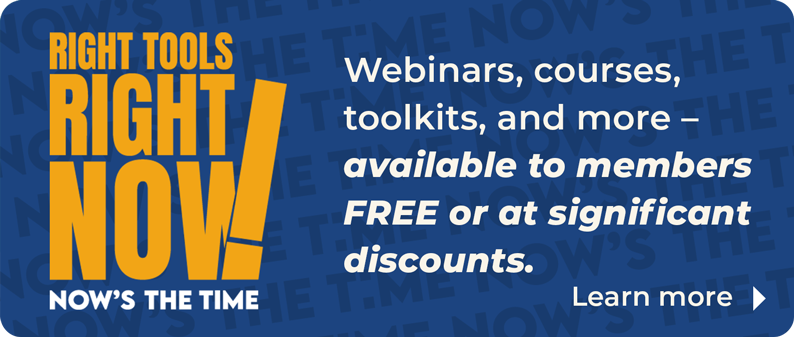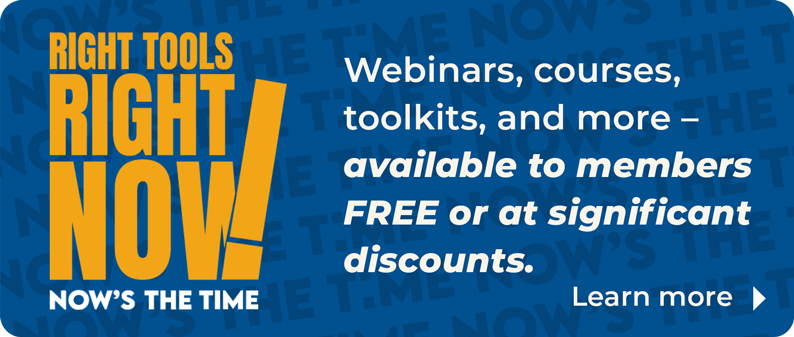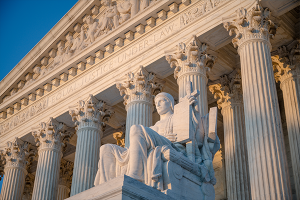Commercial real estate is buzzing about ChatGPT, an AI-powered chatbot that generates humansounding responses to text prompts. Here are a few examples of the tool’s promise and risks.
THE PROMISE
1. Efficiency. ChatGPT can start a draft document you might need as part of a transaction, generate property descriptions and help with customer service aspects of the job.
2. Low learning curve. Log in and start typing as if you’re texting a person.
3. Image creation. Open AI, which built ChatGPT, can create images. That could mean generating renovation previews, listing photo modifications (be sure to disclose), and stock photos.
4. The right tone. You can ask ChatGPT to describe something in a certain tone—for example, the voice of a commercial broker or social media influencer—and it will do just that.
THE RISKS
1. Inaccuracy. The results of ChatGPT-created text are 80% to 90% accurate; the danger is, it sounds confident even on the inaccurate parts.
2. Copyright issues. Cases are in the courts about whether work generated by AI can be copyrighted. If so, who owns that copyright—the person who used the tool or the designer of the tool?
3. Lowers the bar for quality. Bots like ChatGPT make it easy to turn out fake, computer-generated content.
4. More spam. Spammers will probably use the bot as widely as they do cell phones.
Bottom line: ChatGPT is a cool tool and may jumpstart creativity. But your expertise will be needed to verify accuracy.













